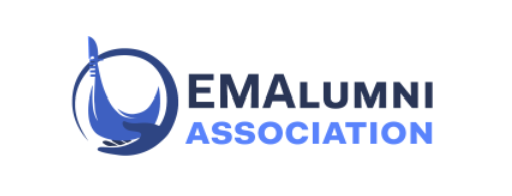About Us

We are supported by the Global Campus of Human Rights and are part of the Global Campus Alumni (GCA) network together with the alumni of our sister programmes.
We are the community of alumni of the European Masters in Human Rights and Democratisation (aka EMA) offered by the Global Campus for Human Rights.
In 2010, alumni of the EMA programme came together to build and foster a community that would connect the alumni of the programme for social and professional reasons. The Association was set up as a non-profit NGO, headquartered first in Venice and then moved to Brussels, and started carrying out activities for the EMAlumni community.
We believe in maintaining a strong network of human rights professionals and human rights defenders as a means to achieve the protection and promotion of human rights. Besides, anyone who has done the EMA programme will know how special the experience of studying together on the Lido is – we also believe in the strengthening of this connection, we keep it alive!
Our Mission
To bring together alumni of the EMA programme to create a community of human rights supporters where sharing and connection happens be it for professional or personal reasons.
Our aims
Our vision
What we do
The EMAlumni aims to create a solid community of graduates of the European Master’s Degree in Human Rights Master and Democratisation.
The aims of the Association are to promote and reinforce contacts between its members, at a professional as well as at an informal level, and to promote human rights and democracy in Europe and throughout the world.
The community we are co-creating is one of peer learning, professional development and social bonds.
Our vision is a vibrant network of graduates of the EMA programme who stay in close contact to each other, to their Master Programme and universities and to the Alumni Association and who, through this contact, engage in a mutual exchange of knowledge, experience and support and on human rights initiatives.
The ultimate aim of this community is be contribute to the strengthening of the promotion of human rights.
Throughout the year, as the EMAlumni Association we different activities and projects to nurture the community and make it an exciting and vibrant space for alumni to connect. All our activities are alumni-led.
We are always open to new ideas and to cooperation with different actors, so if you have an idea you’d like to pitch, you can do so here.
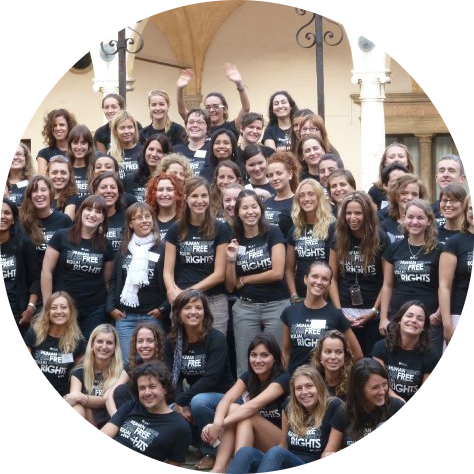
Community building
Being an EMAlum is being part of a community of people who share the EMA experience. We support that community by creating moments to meet and form bonds.
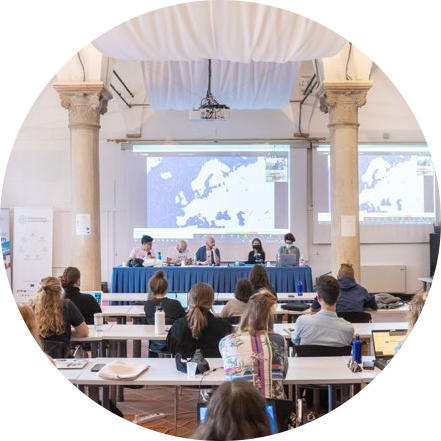
Professional development
We promote peer-learning for EMAlumi’s prefessional growth and for that of human rights defenders through seminars, webinars, articles and conferences.
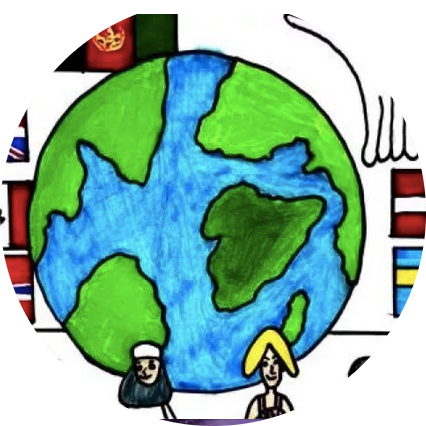
Promotion of human right and democracy
Human rights and democracy is at the core of our identity. We promote these through campaigns, events and by mobilising volunteers.
OUR GOVERNANCE & STRUCTURE
The EMAlumni Association is an NGO based in Belgium (ASBL/VZW). Our structure, as prescribed by our Statutes, is made up of a President, and a maximum of 8 Board Members who are elected by supportive members at the yearly General Assembly.
The Board is the engine of the EMAlumni Association that drives the network of almost 2.500 EMAlumni. It coordinates activities, working groups and projects which all EMAlumni are invited to take part in.
We also have a Secretary General who is employed by the Association with a part-time contract. The Secretary General is an EMAlum and their work is vital to keep the Association running.

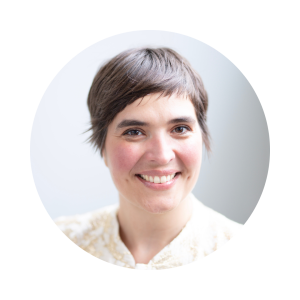
Mélina Pele
Secretary General
Lives in Leipzig, Germany
EMA Graduate 2006/2007
Contact Mélina: LinkedIn
Mélina graduated from the EMA programme in 2007. She worked 15+ years in the human rights field, first within international organizations, in Kosovo and Guinea, then within the French Administration working as a refugee status determination officer. She has co-founded non-governmental organizations for the Education of Syrian Refugee Children in Lebanon and Franco-German bilingual families in Pantin. In her free time, she has been an elected local representative in France. Since 2022, she has transitioned to become a coach to help human rights practitioners and activists to remain happy, healthy and hopeful while doing what they do best: making the world a better place. She sensitizes change-makers to the negative impacts of vicarious traumatization on the long run and teaches concrete tools to mitigate these effects in daily life.
Mélina joined as Secretary General to better connect with the EMA community and provide support.
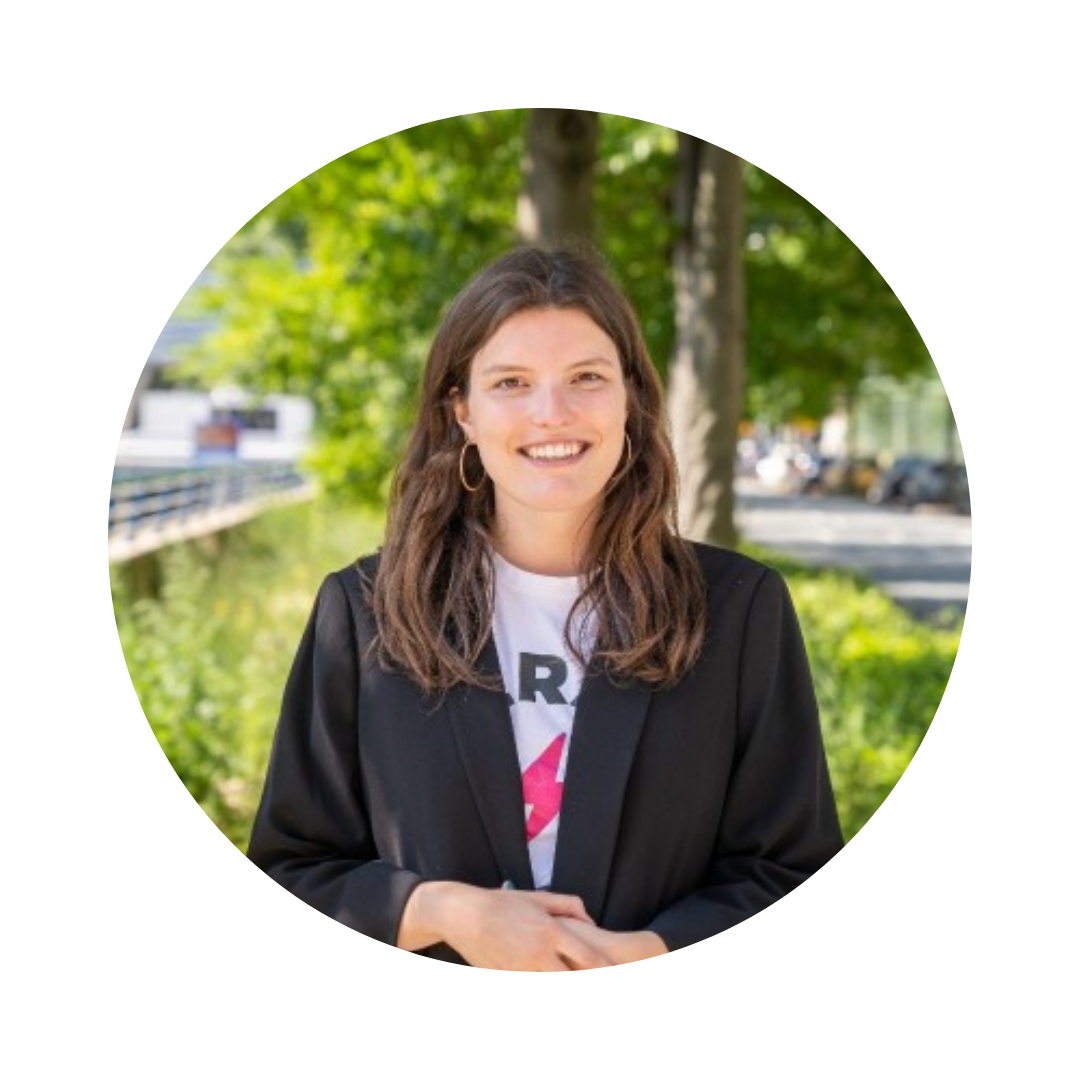
Hélène Bauwens
President
Lives in Athens, Greece
EMA Graduate 2020/2021
Contact Hélène: LinkedIn
Hélène works for an NGO providing legal support to refugees and asylum seekers. Passionate about advocacy, she actively engages in addressing the pressing issues surrounding refugee rights.
Hélène joined as President because she was motivated by the power of the EMA community as a network of human rights advocates.
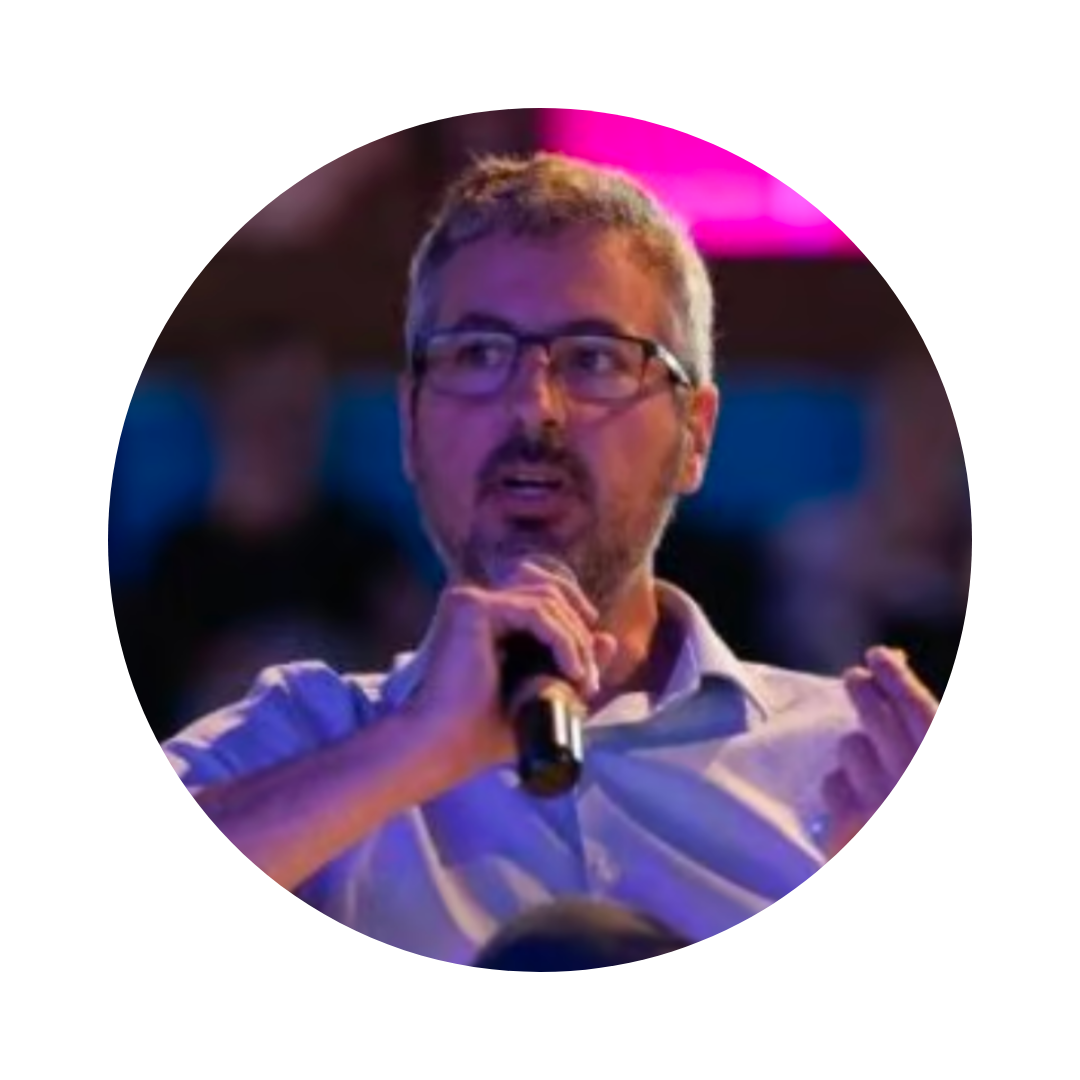
Diego Naranjo
Board Member
Lives in Brussels, Belgium
EMA Graduate 2010/2011
Contact Diego: LinkedIn
Diego advocates for the protection of citizens’ fundamental rights and freedoms online. In the past, Diego gained experience in the International Criminal Tribunal for former Yugoslavia, the EU Fundamental Rights Agency (FRA) and the Free Software Foundation Europe. Previously to all that he worked as a lawyer in Spain. Diego was appointed to the expert group on digital rights set up by the Spanish Ministry of Energy, Tourism and Digital Agenda between 2017-2018.
Diego joined the Board in order to drive advocacy actions with our community of alumni.

Carly Sikina
Board Member
Lives in Berlin, Germany
EMA Graduate 2020/2021
Contact Carly: LinkedIn
Originally from Canada, Carly has made Berlin, Germany her home, where she has contributed to the mission of Transparency International Secretariat. With a strong foundation in communications and extensive experience in the non-profit sector, she is driven by a passion for human rights, foreign policy, anti-corruption and intersectional feminism. Her career is dedicated to championing these vital causes on a global scale, striving to create a more just and equitable world.
Carly joined the Board because of her appreciation for the experiences and connections she gained during her time at EMA and she is eager to give back to the community that significantly shaped her, both professionally and personally.
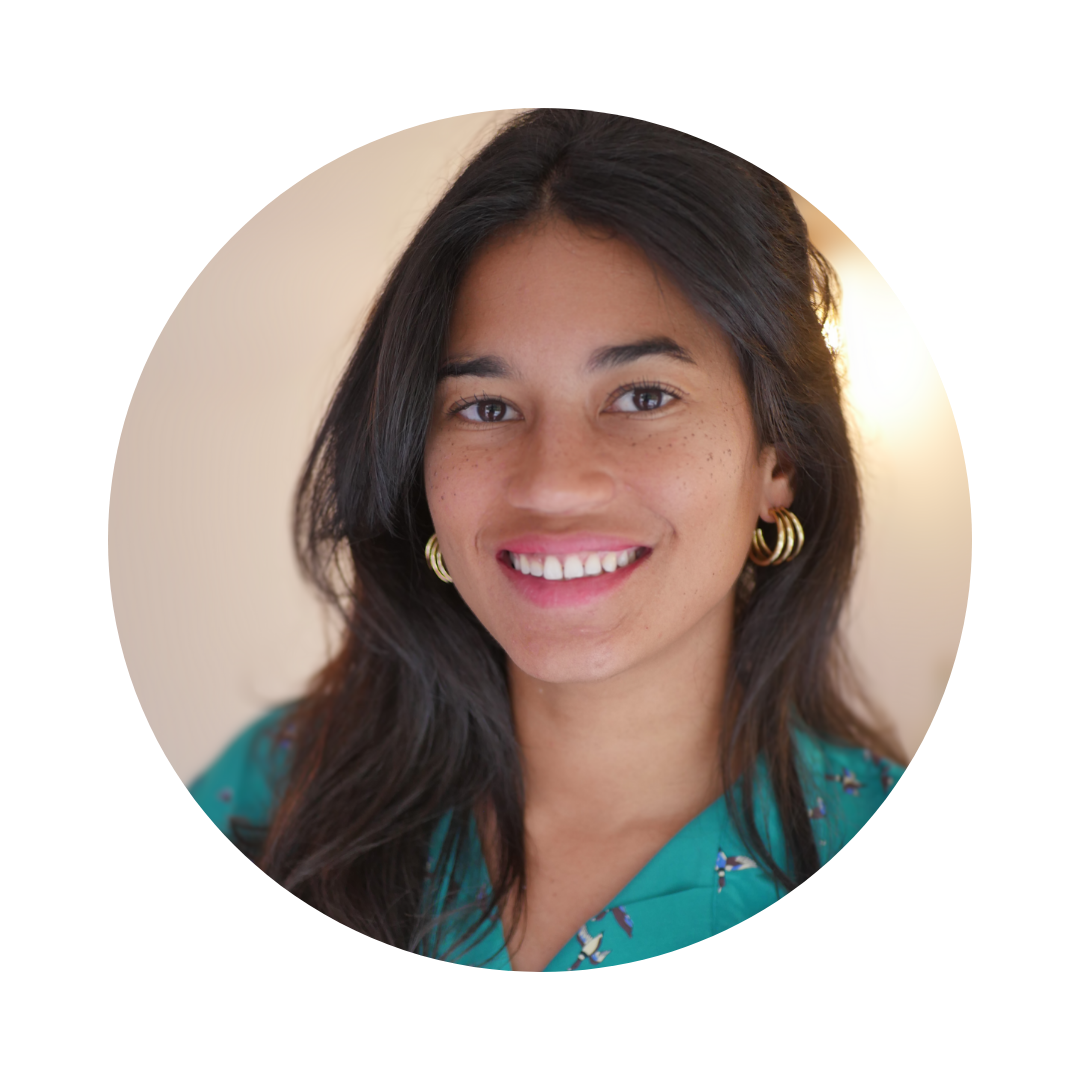
Séphora Kermabon
Board Member
Lives in Paris, France
EMA Graduate 2017/2018
Contact Séphora: LinkedIn
Séphora graduated from EMA in 2018. She founded her own law firm specialising in human rights, focusing on areas such as business and human rights, climate justice, and asylum law. Séphora previously worked for international law firms in Montreal, Paris, Brussels, and Amsterdam. She has also worked as a human rights and business ethics consultant for several firms. Séphora has collaborated with both French and international institutions, working as a litigation lawyer in the public sector and with international organisations such as the UNHCR (United Nations Refugee Agency) and the WHO (World Health Organization).
Séphora joined the EMAlumni Association as a board member to foster greater support and connections between alumni and students, to share diverse stories, and hope!
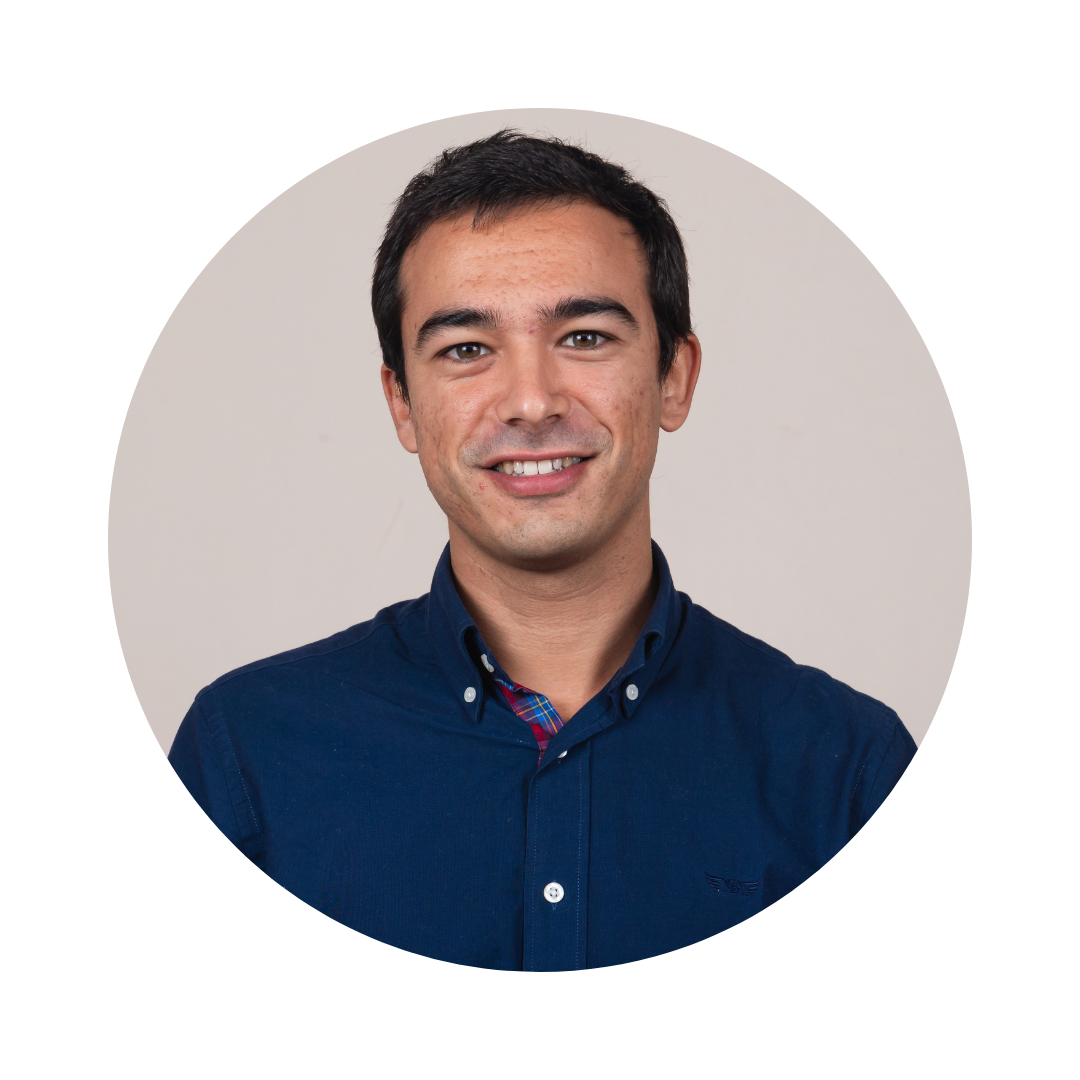
Gonçalo Quitério
Board Member
Lives in Skopje, North Macedonia
EMA Graduate 2020/2021
Contact Gonçalo: LinkedIn
Gonçalo works in the EU Delegation to North Macedonia, as Human Rights officer, where he follow a vast portfolio, from migration and refugees to gender equality and LGBTIQ+ rights, prisons or Roma and other minorities rights. Before, he worked at Amnesty International as research coordination and advocacy assistant.
Looking towards the future, he sees enormous potential for the EMAlumni Association to become an even more dynamic and engaged community, where people are proud to be a part of. By providing opportunities for alumni to collaborate, share knowledge and ideas, and receive assistance with job applications and career preparation, he is convinced that the EMA community can be stronger than ever before!
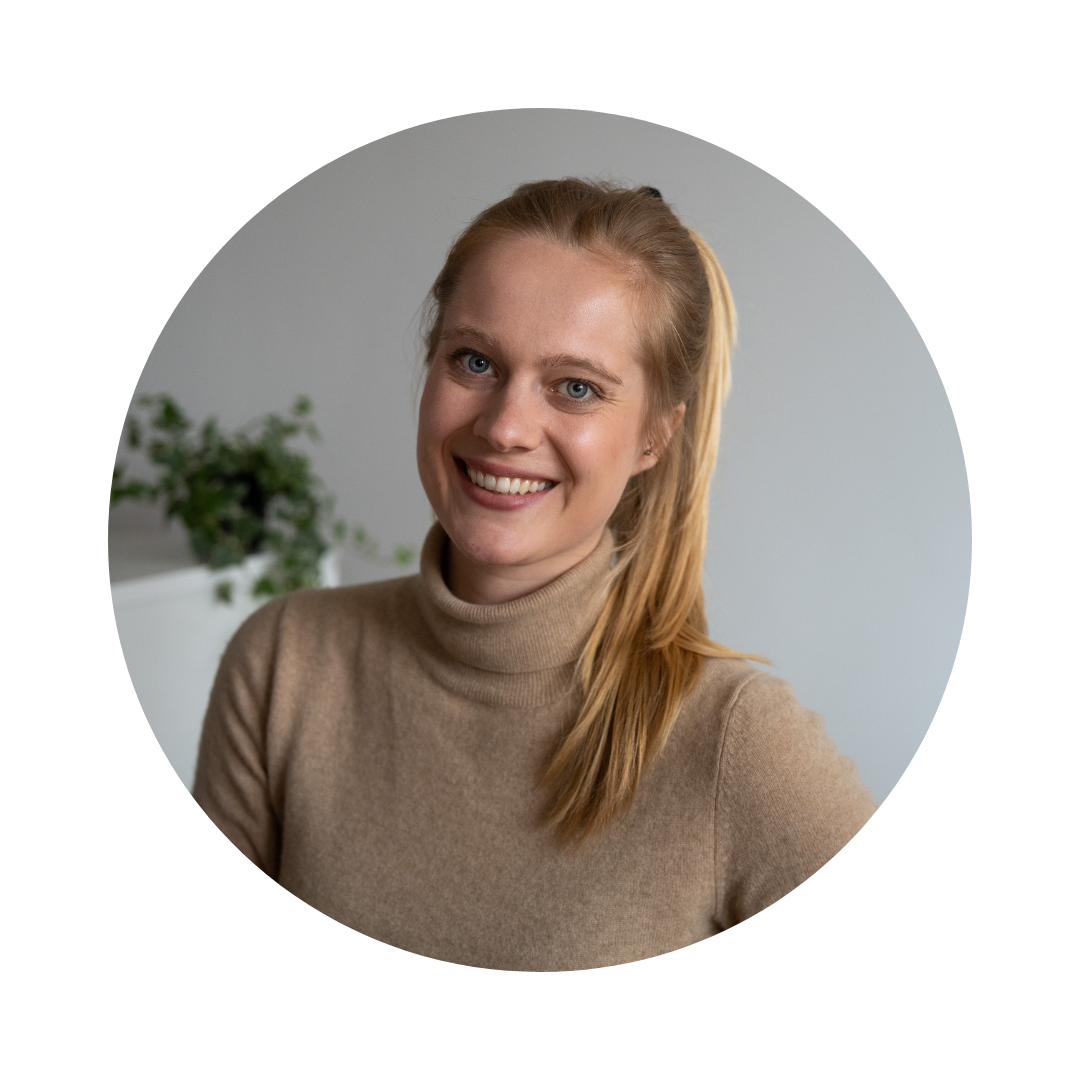
Lea Frerichs
Board Member
Lives in Hamburg, Germany
EMA Graduate 2020/2021
Contact Lea: LinkedIn
Lea is an EMA alumna from 2021 and is currently doing her PhD in Sociology at the University of Hamburg focusing on the climate transition in Germany and the impact of climate litigation and climate protests.
Lea joined the Board because she wants to implement exciting projects of the EMAlumni Association, further develop the organization together and activate more EMA alumni to create a vibrant EMA community – just like it was in Venice.

Kelly Christine Wong
Board Member
Lives in Montreal, Canada
EMA Graduate 2017/2018
Contact Kelly: LinkedIn
Kelly Wong earned a MA in Human Rights and Democratisation from the Global Campus of Human Rights and Uppsala University. Upon graduating, she completed an internship at the International Criminal Court in The Hague, Netherlands, and subsequently continued her work as an intern to Consultant at UNESCO headquarters in Paris, France. She has worked at the Senate of Canada, and is now working as a Security Analyst at an internationally renown civil aviation, defense&security company in Canada. Kelly dedicates her personal time to work with students from her alumni and from all over the world to succeed in international academic and professional opportunities.
Kelly joined the Board to give back to the international community of EMA Alumni, and to help EMA Alumni at all stages of their academia and/or career to succeed.
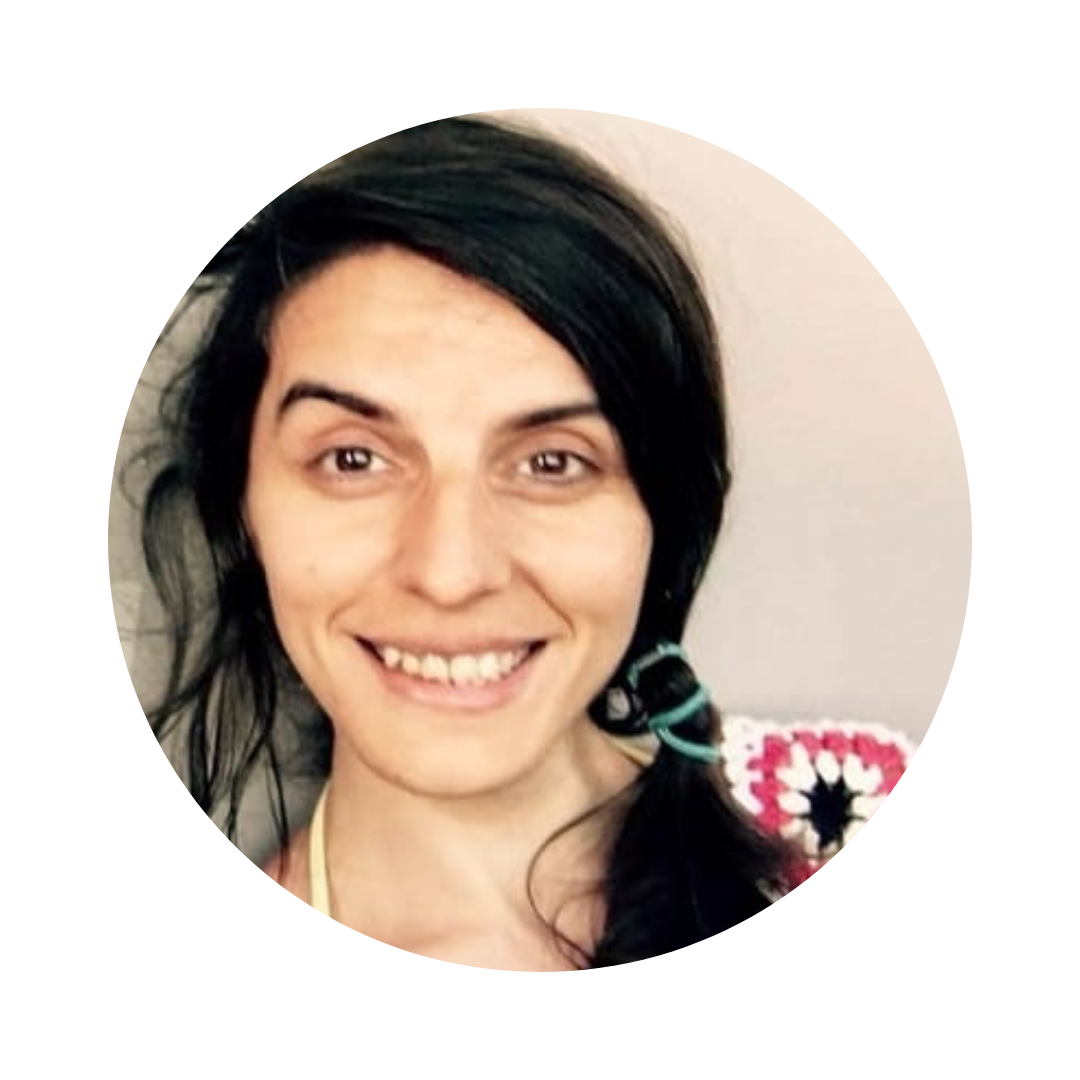
Geanina Turcanu
Board Member
Lives in Vienna, Austria
EMA Graduate 2011/2012
Contact Geanina: LinkedIn
After graduating from the EMA program in 2012, Geanina joined the European Union Delegation to China in Beijing (EUD), as a human rights EMA trainee.
Upon return, she joined Greenpeace, where she has been active mostly in legal campaign strategy roles over the past decade. Most notably, she served as a legal coordinator in the Amsterdam based Greenpeace International Legal Unit and led the process of building the legal capabilities of Greenpeace in Central and Eastern Europe. Additionally, she has been driving strategic advocacy initiatives on behalf of multiple expert work groups as convener for the Berlin based Europe Beyond Fossil Fuels coalition (BFF) since 2015.
Geanina is based in Vienna, where in her spare time she engages in theatre and creative writing projects, fostering the power of aRtivism for consciously redesigning more inclusive and sustainable futures.
Geanina joined the Board to pay it forward. 🙂
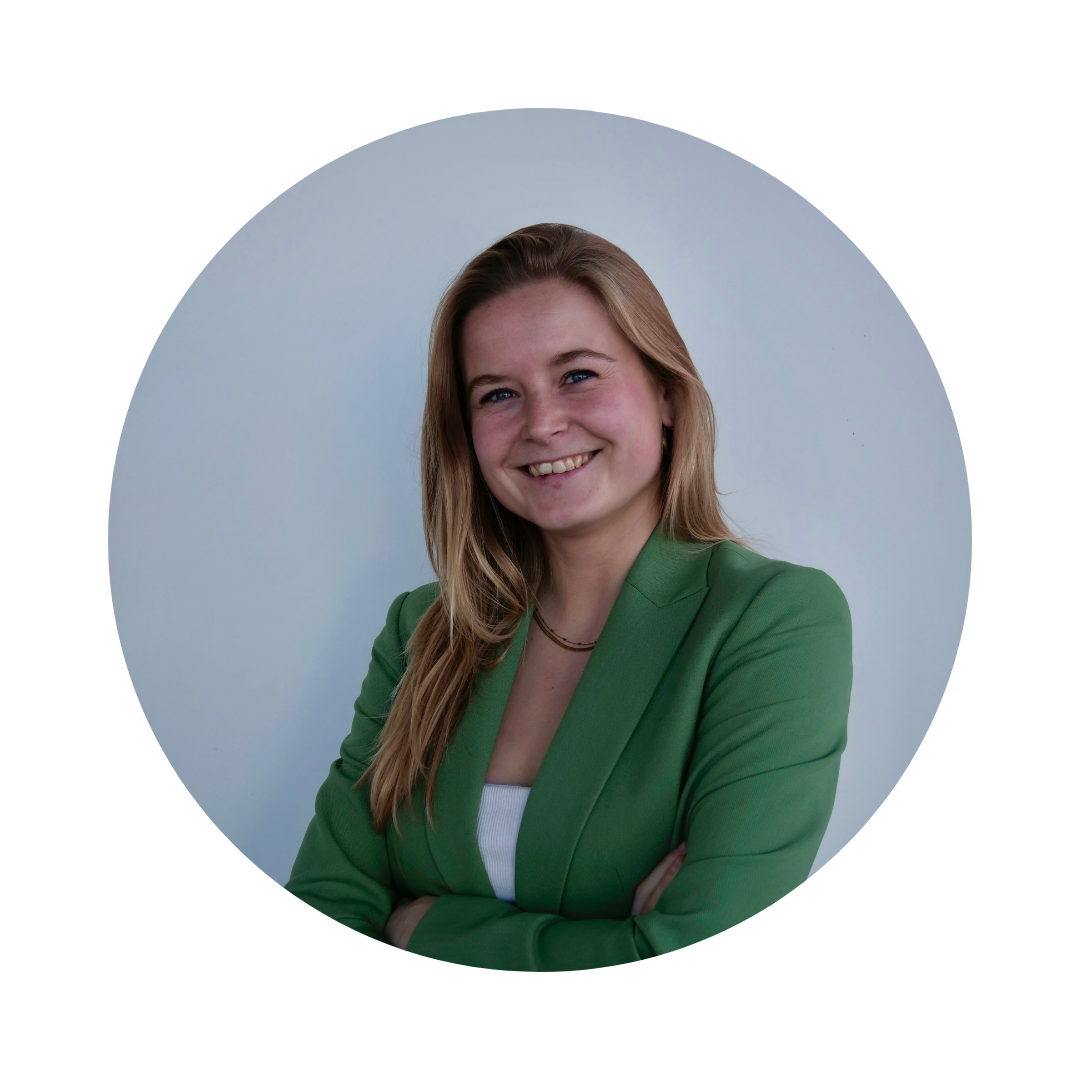
Merel Cosijn
Board Member
Lives in Amsterdam, Netherlands
EMA Graduate 2020/2021
Contact Merel: LinkedIn
As a passionate human rights defender, Merel now works with the Dutch Red Cross in a refugee centre. Furthermore, she is part of the Dutch civil experts pool and is waiting for her first mission with MSF as a Humanitarian Affairs Officer, focusing on advocacy. Merel believes strongly in the power of a community and therefore wants to be actively involved with the EMAlumni Association. For this reason, she joined the board. Furthermore: from my own experiences EMA opens doors! This is something she would like to show and enhance for other students as well. As a community of active and passionate human rights defenders we can reach goals we never even knew we could reach.
